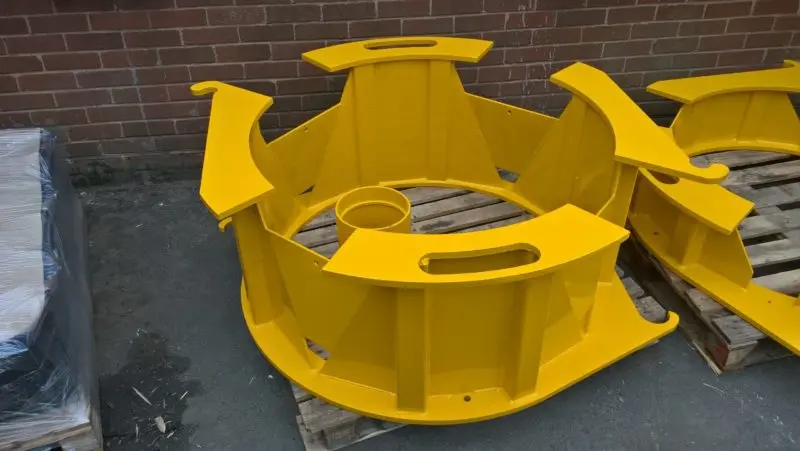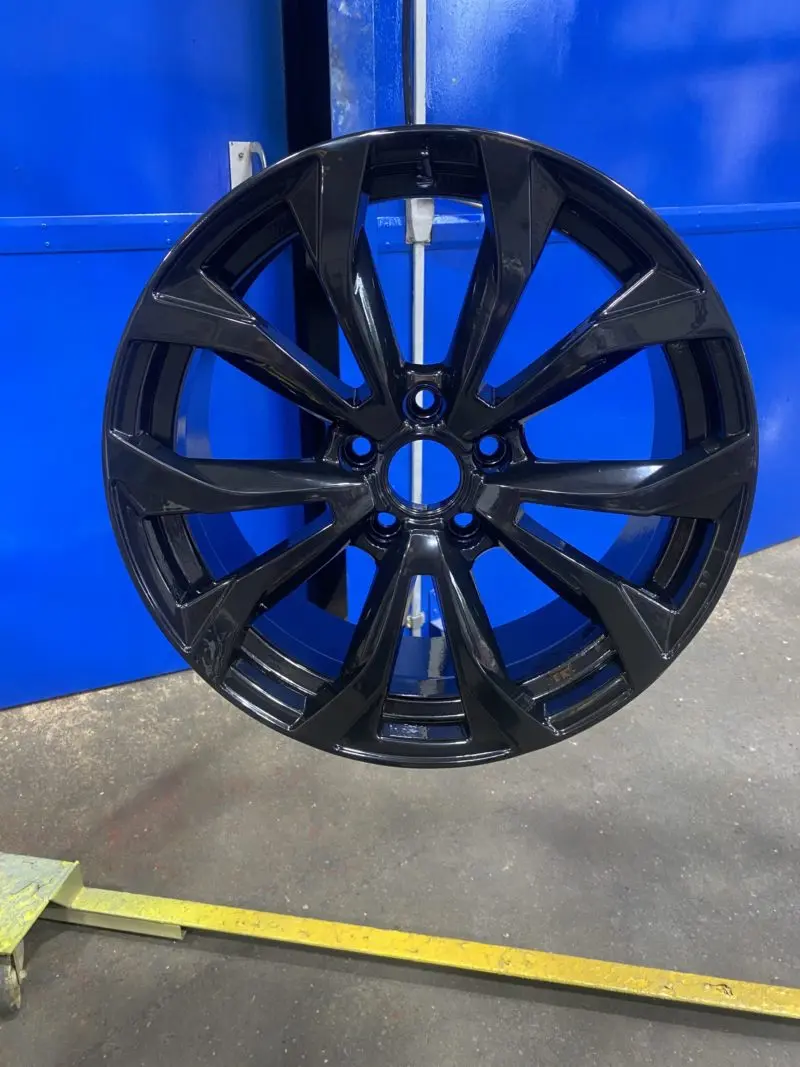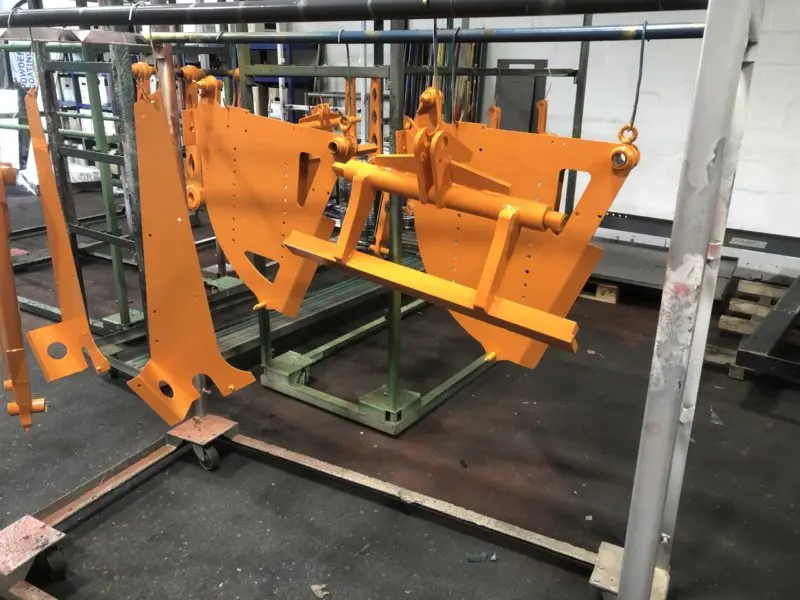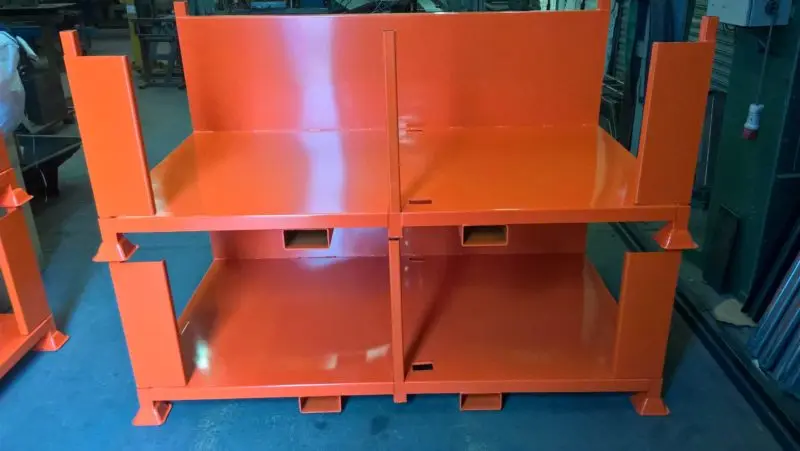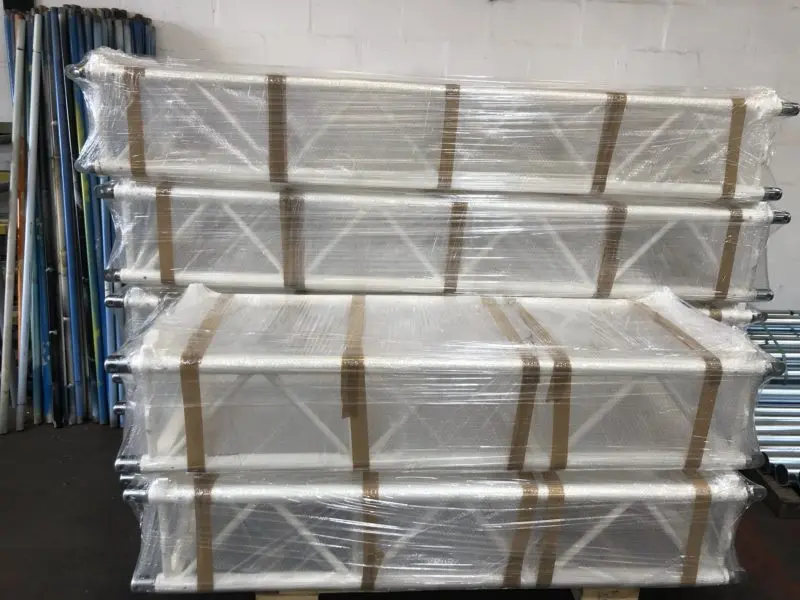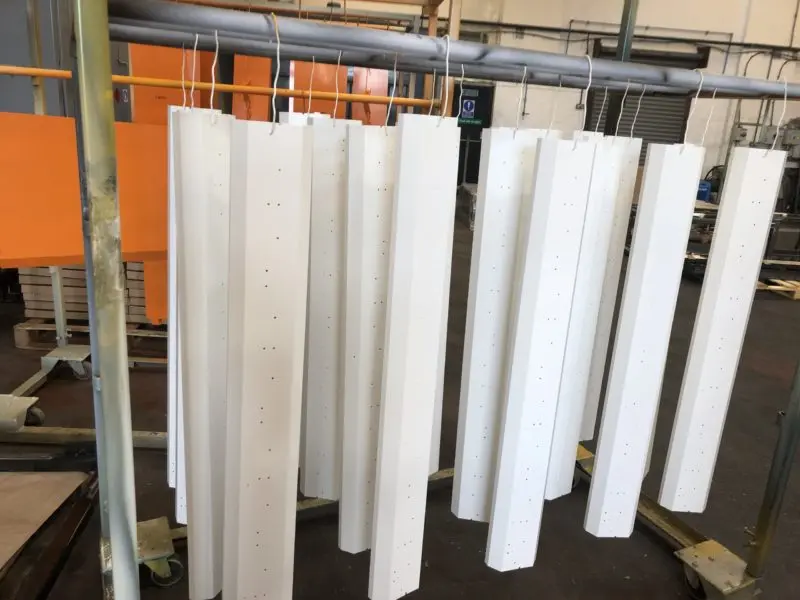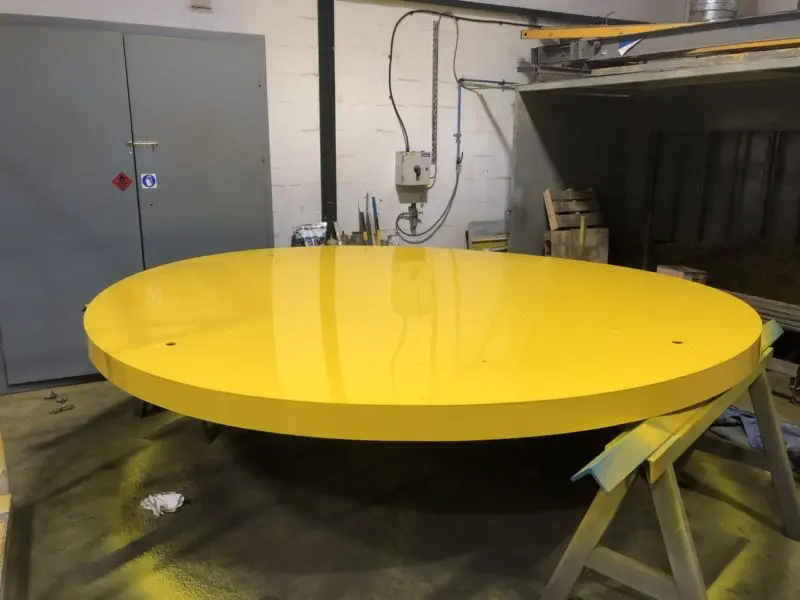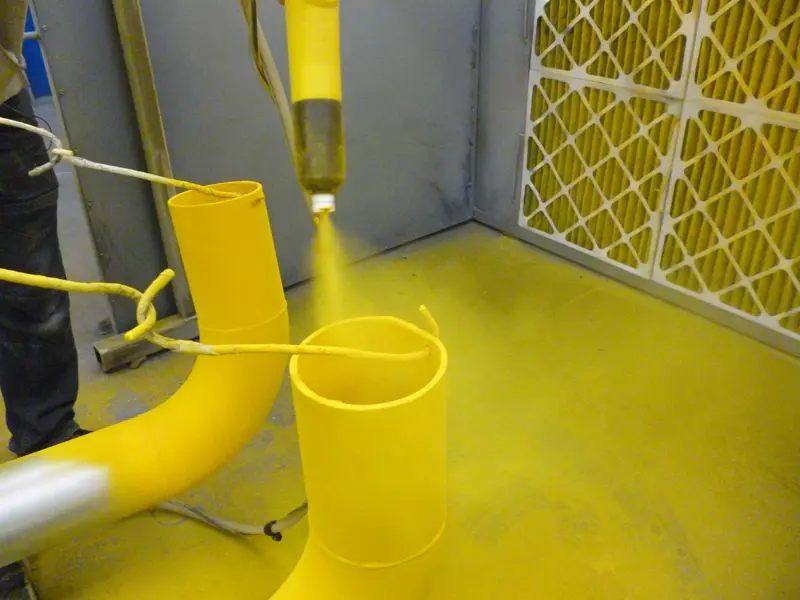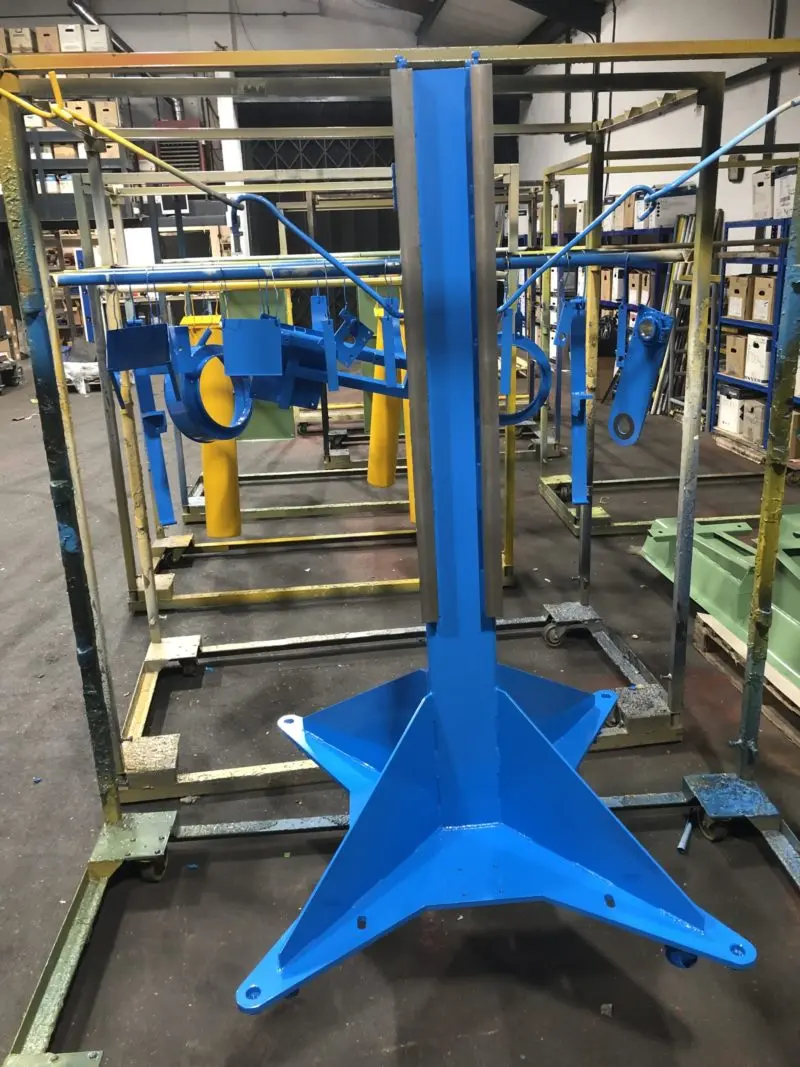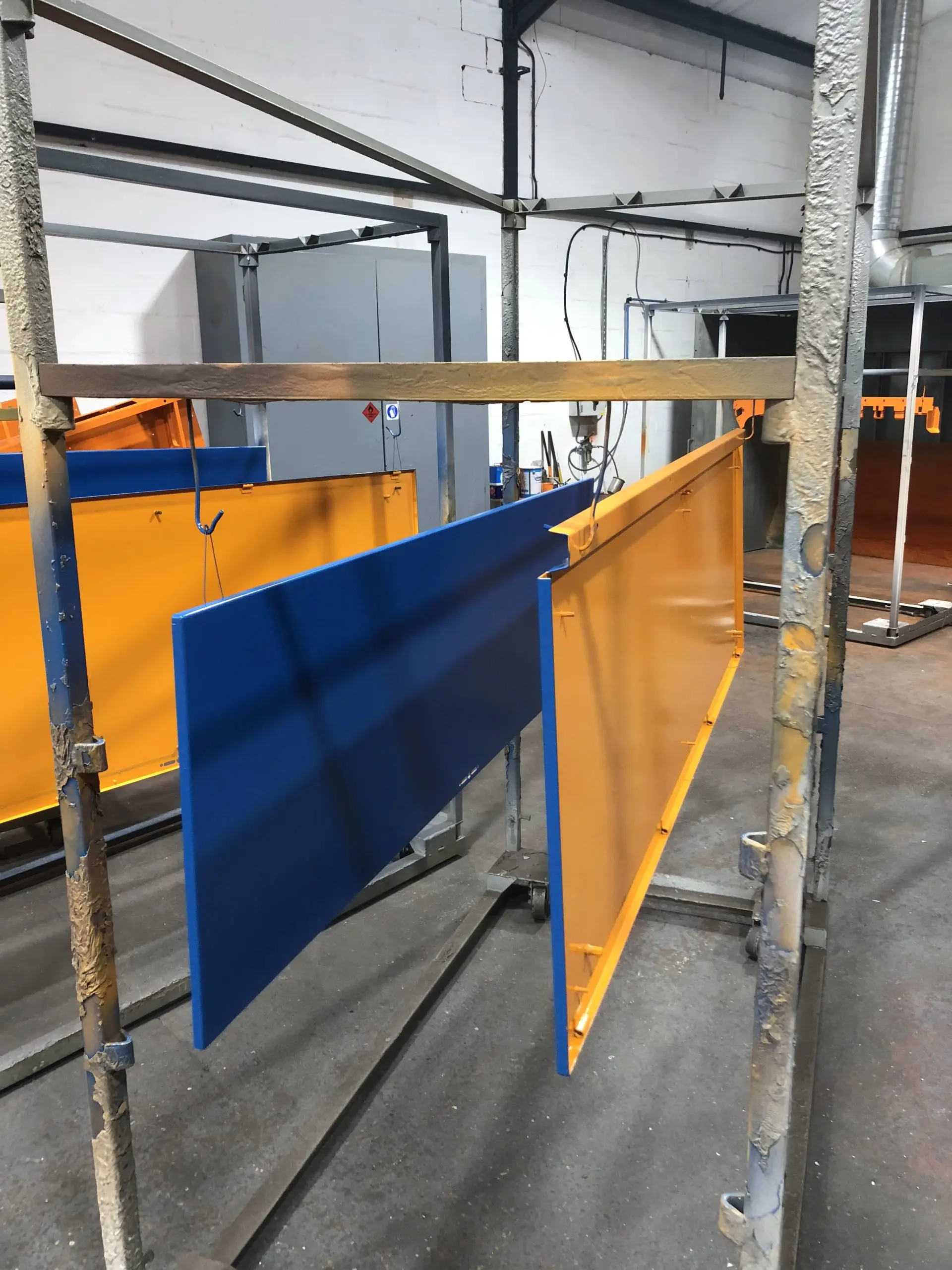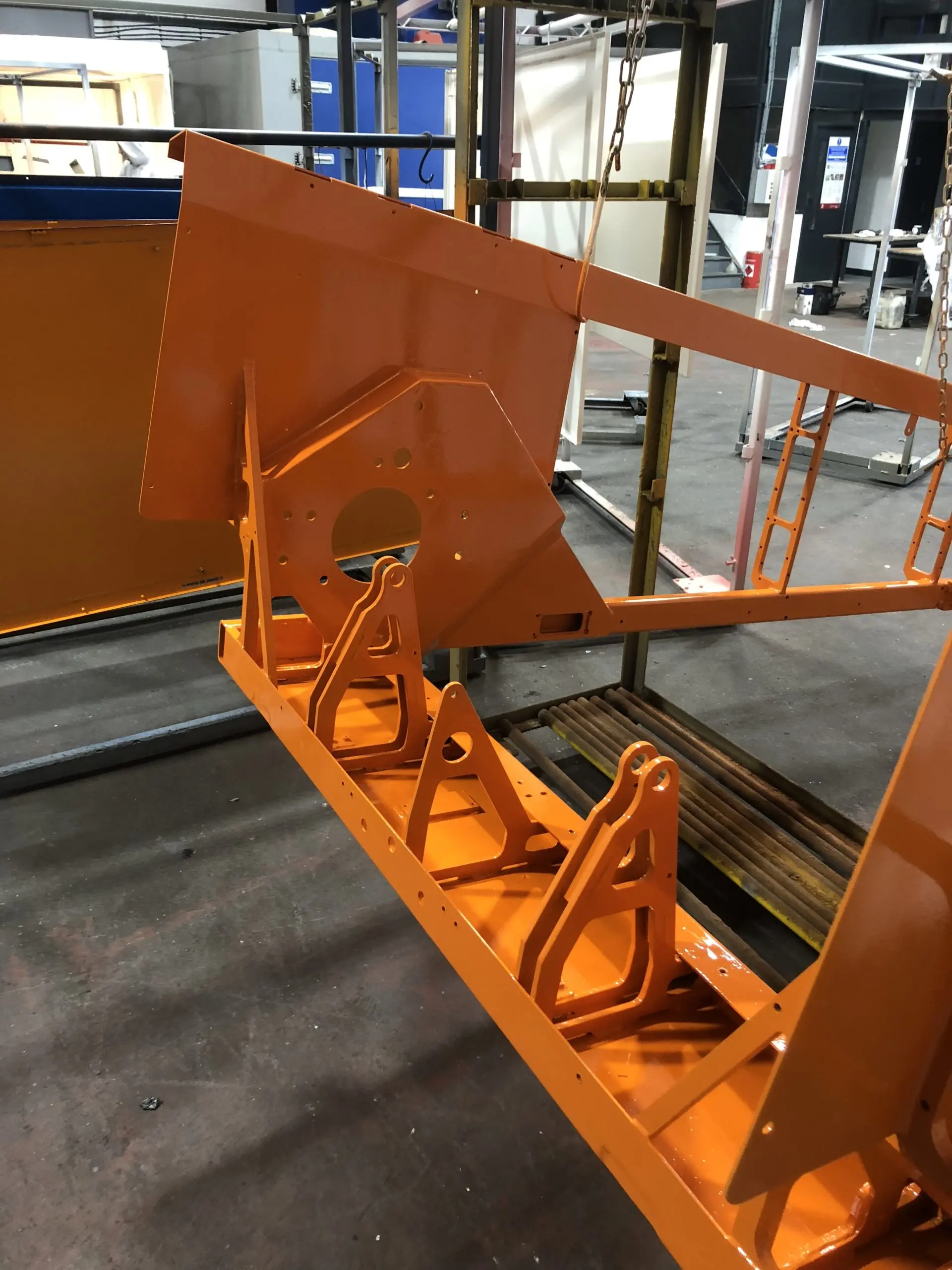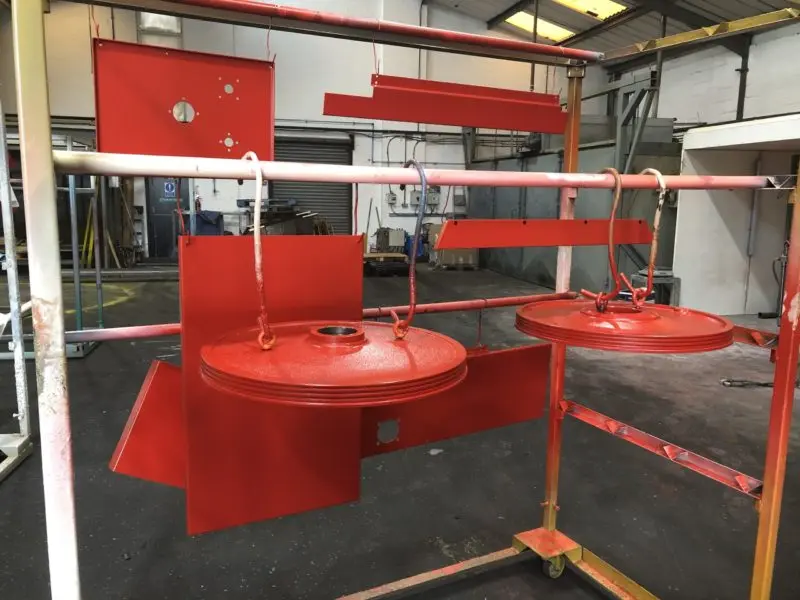Powder Coating Industries
Automotive
Enhances durability, corrosion resistance, and aesthetic options for automotive parts.
Medical & Healthcare
Ensures sterilisable, non-toxic, and durable finishes for medical equipment and devices.
Construction & Architecture
Provides weather-resistant, eco-friendly finishes for long-lasting, visually appealing structures.
Energy Industry
Offers protective, corrosion-resistant coatings for equipment in harsh energy environments.
Colour Options
At Alpha of Redditch we can match any colour you require and you can get an idea of some of our colour range by downloading our Colour Chart PDF by clicking below. As well as this we can arrange direct collection and delivery if required with our drop side vehicle 4mtr long x 2 mtr wide bed with a weight limit of 1.2 ton.
Powder Coating vs Wet Paints
Powder coating offers a range of benefits over wet paints and, in many circumstances, it is the best way to finish a product. Powder coating is increasing in popularity over wet paint for five key reasons:
Smooth results
Whereas wet paint can run, powder coating is thick and viscous when molten, avoiding drips and dribbles. The nature of the way powder coating is applied means that a wrap-around effect can be achieved when coating surfaces like metal railings. The method of application also avoids the rough finishes that can be associated with wet paint in situations when the spray gun has to be used close to the surface that it is being applied to.
Ease of application
Powder coating makes it easier to achieve flawless results thanks, in part, to the wrap-around effect described above and the avoidance of over-spraying. The smoothness and quick application associated with powder coating means that spots are far less likely to be missed, even if they are in areas that would normally be difficult to see.
Environment and cost
Businesses have social and legal responsibilities to manage the environmental impact of their work, and powder coating is preferable to wet paints in this respect. The way the powder forms a coating by melting means that the process does not require the use of solvents, which reduces its ecological impact. Some wet paint formulations even contain carcinogens, which can put workers at risk.
Powder coating is also an economical way to work because any powder that does not adhere to the item being coated can be gathered and re-used, avoiding waste.
Tough, long-lasting finish
The polyester that is commonly used in powder coating is both flexible and hard wearing. And, because powder coating avoids the use of solvents, the process of evaporation that wet paint relies upon to dry does not apply. This prevents inconsistencies from developing in the paint surface and leading to damage and corrosion.
Efficiency
When wet paint is applied to a product or component, the paint needs to dry. Then, usually, there is another coat, which also must dry. This takes not only time, but also space, whereas powder coating can be applied, cured in an oven and cooled in under half an hour. As soon as it is cool, it is ready to go, with no extra fuss.
Able to disguise imperfections in metal
If the metal surface that needs to be coated is rough or uneven, it can take over a dozen coats of stove enamelling paint to cover the damage. Powder coating, on the other hand, can deliver a perfect finish in as few as two applications.
Easy to maintain
Items that have been powder coated are incredibly easy to clean – dirt can be easily removed with water to return the product to its former glory.
Choosing a Professional Service
Powder coating, when applied correctly, offers many benefits for applying a durable, ecologically friendly finish to components and products. The results should offer brilliant quality for an extended period of time, so it is important to use well trained, high quality, experienced professionals to make sure your items are coated effectively.
To assess a powder coating service, consider whether they:
- Offer advice that shows they understand the best processes for a job, including taking into account long-term care, cost effectiveness and quality.
- Have received professional training in powder coating application.
- Provide the right service for each individual piece of work and match customers’ precise requirements.
- Are happy to show you examples of the kind of work they have completed for other customers.
- Are knowledgeable about all kinds of paint coating matters including environmental requirements, best practice guidelines and cost concerns.
- Are respectful and listen to their customers’ needs.
- Can show you recommendations or reviews from other customers or companies that have used their services.

